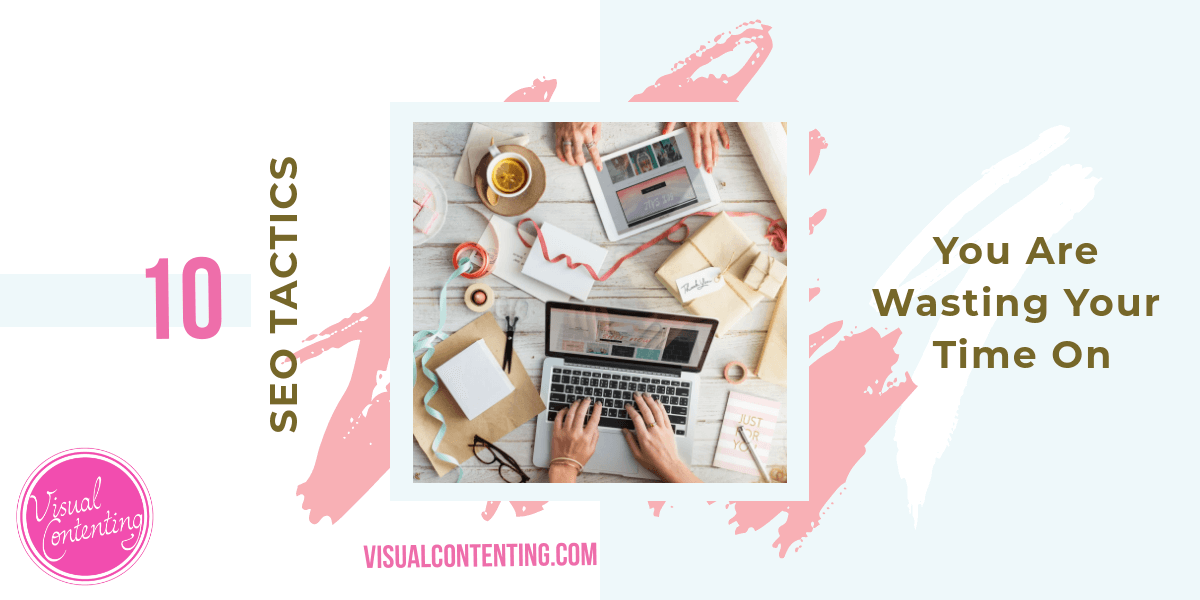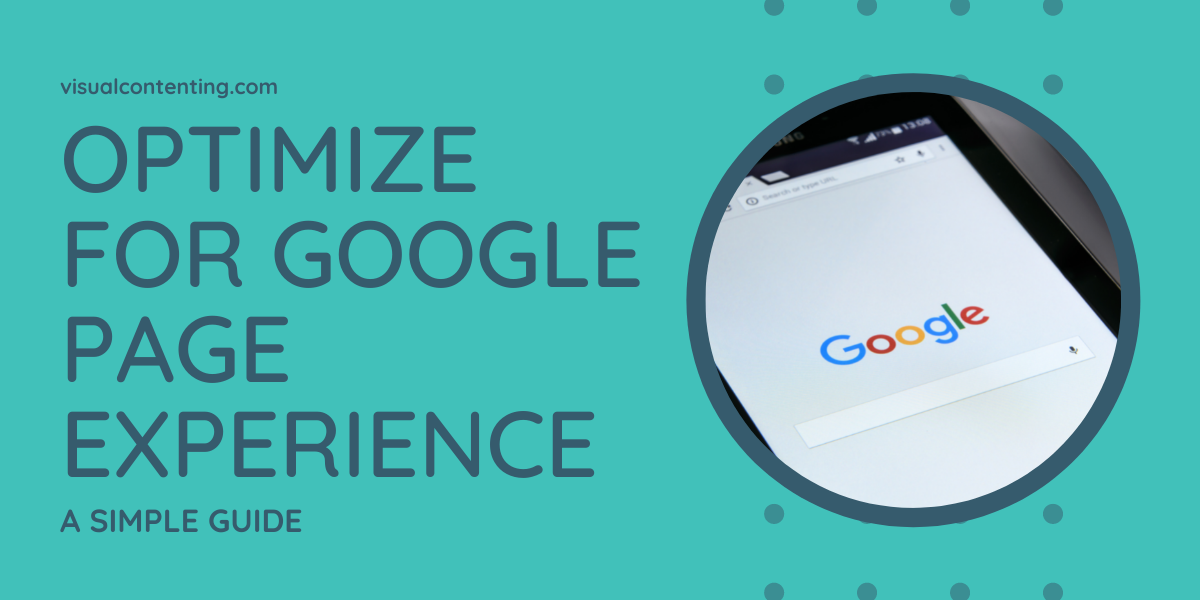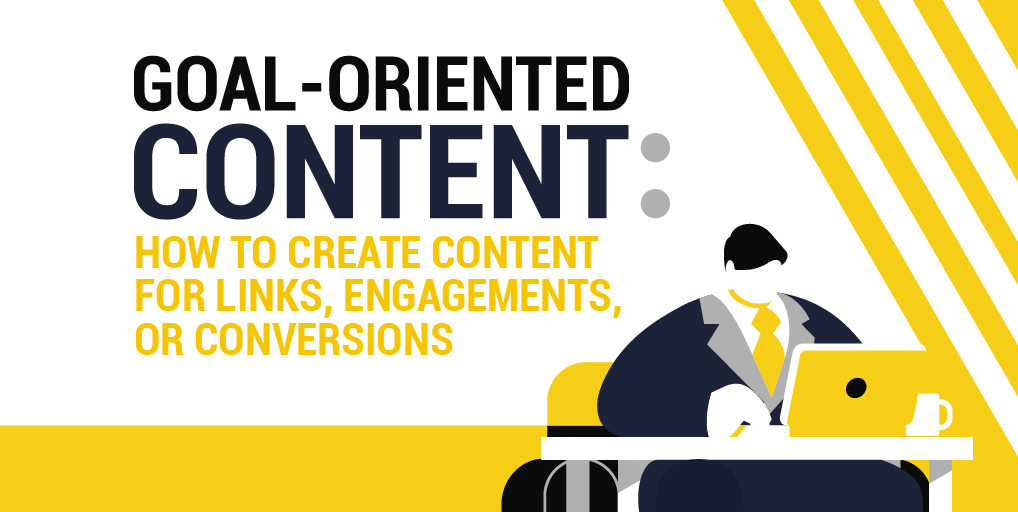Has SEO boosted the performance of your website so far? It is exciting to yield results from your continuous efforts of optimizing your website. However, in the process of optimization, various factors could invalidate your efforts, for example, updates in Google. At such time, you will notice a stagnation in your performance on SERP, or worse, a significant drop.
Could it be that you are wasting your time of SEO? The truth is that SEO is worthwhile, but some tactics might just be a complete waste of your time. Here are ten SEO tactics you should stop wasting your time on:
1. Monitoring Keyword Density
Over the years, there has been a fuss over the ideal number of on-page keywords that a website owner should use, capitalizing on automated tools to determine the current densities of your content. However, times have changed, and keyword density has no merit in today’s Google ranking.
Instead, focus on the correct use of keywords in your copy. Use up your targeted terms on different places on your website, for example, on H1, H2, titles, image descriptions, and within the copy, to avoid redundancy. The trick is to keep your keywords naturally flowing with your copy
2. Buying Backlinks
Much as Google has emphasized that there are penalties for bought and unnatural back-links, some companies are still selling them, and others are buying them.
Buying backlinks may seem much easier than having to invest time in link-building opportunities like guest blogging, good Public Relations, partnerships, and collaborations. However, the real time waster here is buying backlinks. When Google is considering links for ranking, then it will be noticed that the backlinks you purchased do not blend in with the content in question, which means they are unnatural.
3. Obsessing over Your Rankings
Some webmasters get easily obsessed with tracking their Google rankings. While there is nothing wrong with using serpbook rank website to keep track of your performance, if you spend too much time focusing on your performance, you deny yourself the time to do other things necessary for better performance.
SEO requires consistent efforts in all facets for you to earn reasonable results. Besides, you must be aware that ranking first on Google is not all that matters in SEO. If you are not effectively converting the traffic you receive from the top ranking there is not much value in being first. Instead of obsessing, better your site to give the maximum value, and your rankings will automatically add up.
4. Spinning Articles
Anyone that owns a website understands how pressuring it is to have to generate high-quality content consistently, while keeping up with other demands of running a brand. Spinning articles is a way for website owners to produce new material from already existing copies, by changing the wording and order of content. While this used to work in the previous years, it is an outdated technique that will land you on Google’s chop board.
Remember, high-quality content by a considerable percentage includes originality, freshness, and uniqueness. Reproducing a copy with fine-tuned language will only be a waste of your time because you won’t get much traffic from that, or even improve your rankings.
5. Optimizing Anchor Tags
For a while now, anchor texts have done a lot for websites as matters to SEO, but the rapid algorithmic changes have had an impact on them. Optimizing anchor tags is about adding links to primary keywords. Overusing this technique will only attract you penalties with Google, hence affecting your ranking.
Instead, you want to focus on creating long sentences that do not overuse your primary keywords, which better blend in naturally with the copy. You can also try using naked URLs within your website, but strategically and sparingly so they are not too much.
6. Concentrating on the Quantity of Links on Your Website
With link-building being a fundamental aspect of SEO, many people fall culprit of quantity over quality. Much as you want search engines to deem your site valuable and rich in links, it matters the quantity you use. Ideally, short-form content should not have more than 3 backlinks, and 5 for long-form content.
Too many links clutter your website and are distasteful for audiences in the way they reduce user experience.
7. Activity on Many Social Media Platforms
Sure social media is a powerful tool for digital marketers and website owners, but you must be cautious about how you handle your social media activity. Being on numerous social media platforms as a brand can be your greatest downfall mainly because it spreads out your attention all around.
The most important thing to remember with social media is that different platforms operate differently, and when you are on too many of them, you are spreading yourself too thin, which means you may not be a master at any of them. Select some platforms that are most relevant to your type of brand, in light of where most of your target audience is likely to be.
8. Poor Guest Blogging
Guest blogging is one of the legit ways of earning backlinks that is proved and tested to be effective. However, over time, website owners have misused its essence, resulting in poor guest blogging for quantity, which speaks a lot about the kind of links earned from this technique.
Regardless of how many guest blogs you share, if they are of low-quality, then you are wasting your time because you will not improve your ranking from that. Instead of being all over posting on different site, concentrate on generating high-quality content that can mean something for your ranking and link earning.
9. Uploading Unoptimized Media
Using images may be useful for your SEO, but optimization is better. You may be uploading sufficient images alongside your blogs and posts, but if they are unoptimized, they will not bring in as much value as they are capable of, mainly because Google does not crawl untitled imaged.
Optimization allows you to caption your image, regulate their sizes, add descriptions and alt texts, among others.
10. Automation of Messages
Most businesses use automated messages to save on time, rather than taking time to interact with the audience. Today, Google values audience engagement, and nothing works against proper audience engagement than automated messages.
Spare time to catch up with the audience and respond to them in a more personal manner, or hire someone to do this for you.
Overall, you must be intentional about using the right methods to optimize your website, with quality as your number one priority.
Related Posts
Community manager at Visual Contenting. Jacqueline loves to talk about social media trends, new technology and how they help businesses accelerate their marketing efforts.







